The world of customer relationship management (CRM) tools is vast and continually evolving. The market is flooded with options, making it a Herculean task to find the best fit for your business. Whether you’re a new startup or an established enterprise, the CRM you choose can significantly influence your growth and customer satisfaction levels. Here’s how to choose the best CRM for your business and why it’s essential to your success.
Why Choosing the Right CRM is Crucial
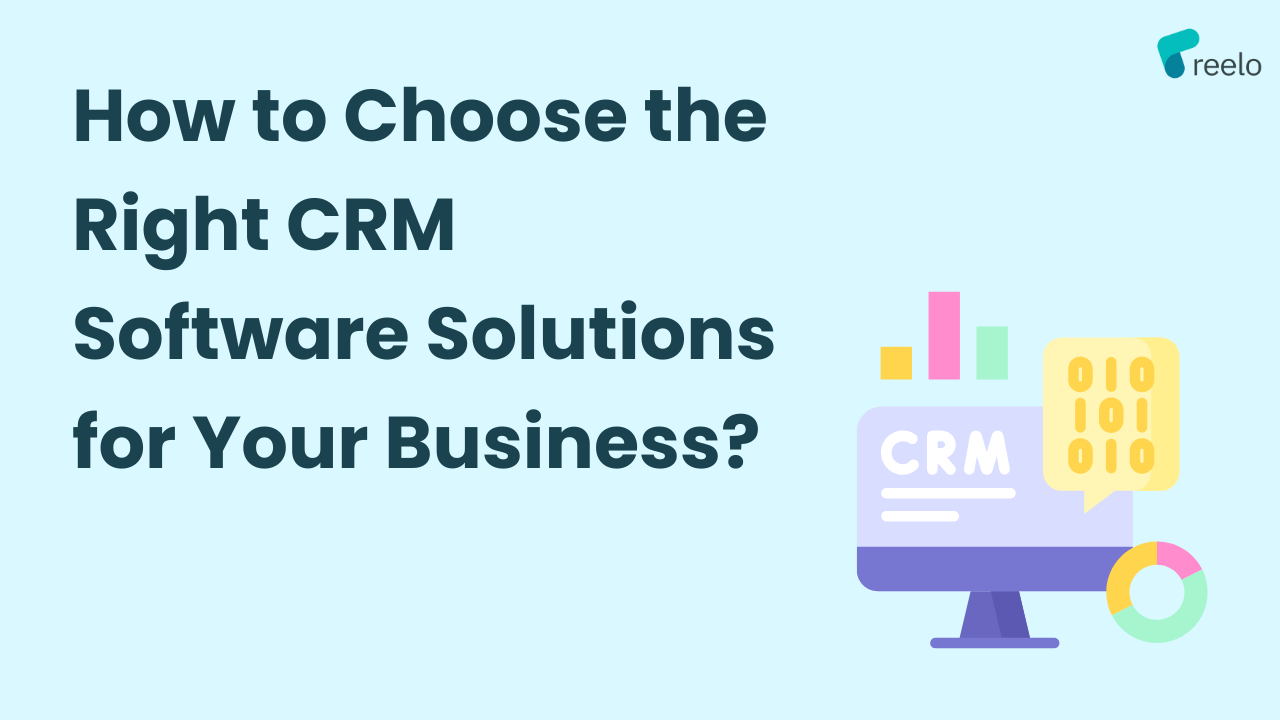
Optimal Customer Experience: At the heart of every business lies the customer. The CRM you choose determines how to create the best customer experience. The right tool can help you engage with your audience, respond to their needs promptly, and ensure their issues are addressed, leading to higher retention rates.
Streamlined Processes: Modern CRMs can automate numerous tasks, cutting down on manual work, reducing human error, and ensuring that your team can focus on what truly matters.
Informed Business Decisions: A powerful CRM can offer insights into customer behavior, purchase patterns, and feedback, enabling businesses to make data-driven decisions.
Factors to Consider When Choosing a CRM
Your Business Needs
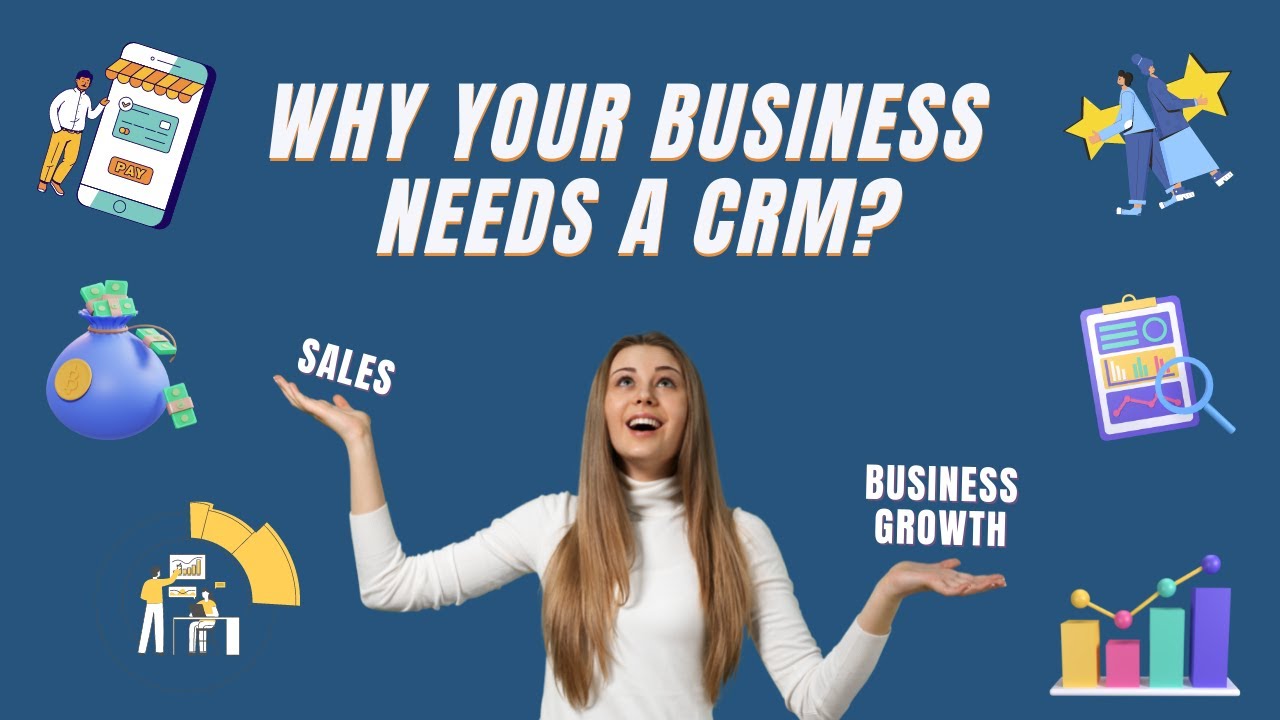
Before diving into the vast sea of CRM options, understand what you need. Are you a budding startup looking for the best CRM for startups? Or an established business wanting to revamp its customer management processes?
Startups might want CRMs that are budget-friendly, easy to set up and come with essential features to kickstart their journey.
Established businesses may need more advanced features, integrations, and customizability to cater to a larger customer base.
Ease of Use
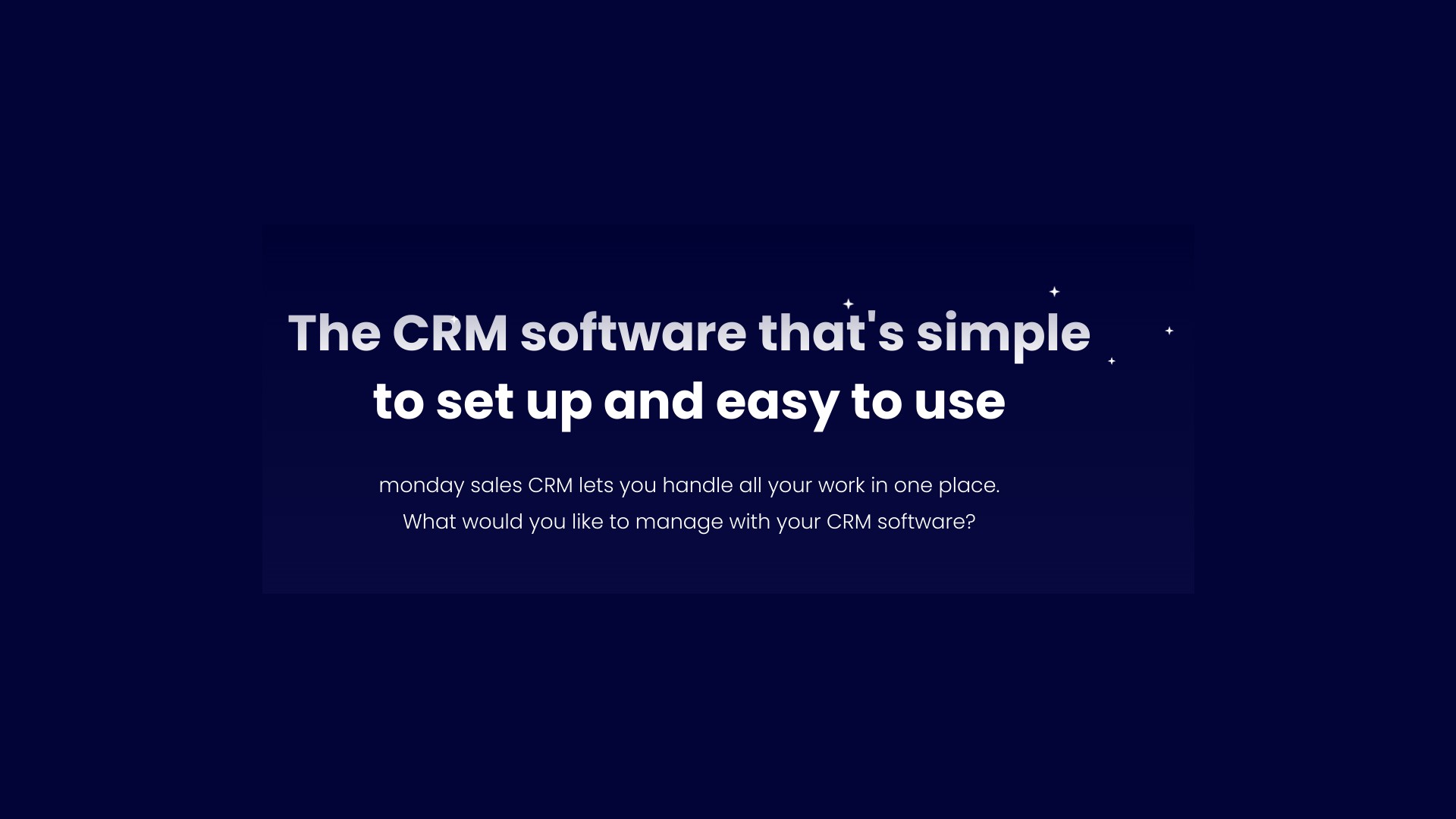
No matter how feature-rich a CRM is, if it’s not user-friendly, it will remain underutilized. Ensure that the CRM interface is intuitive, and your team feels comfortable using it.
Customizability and Integration
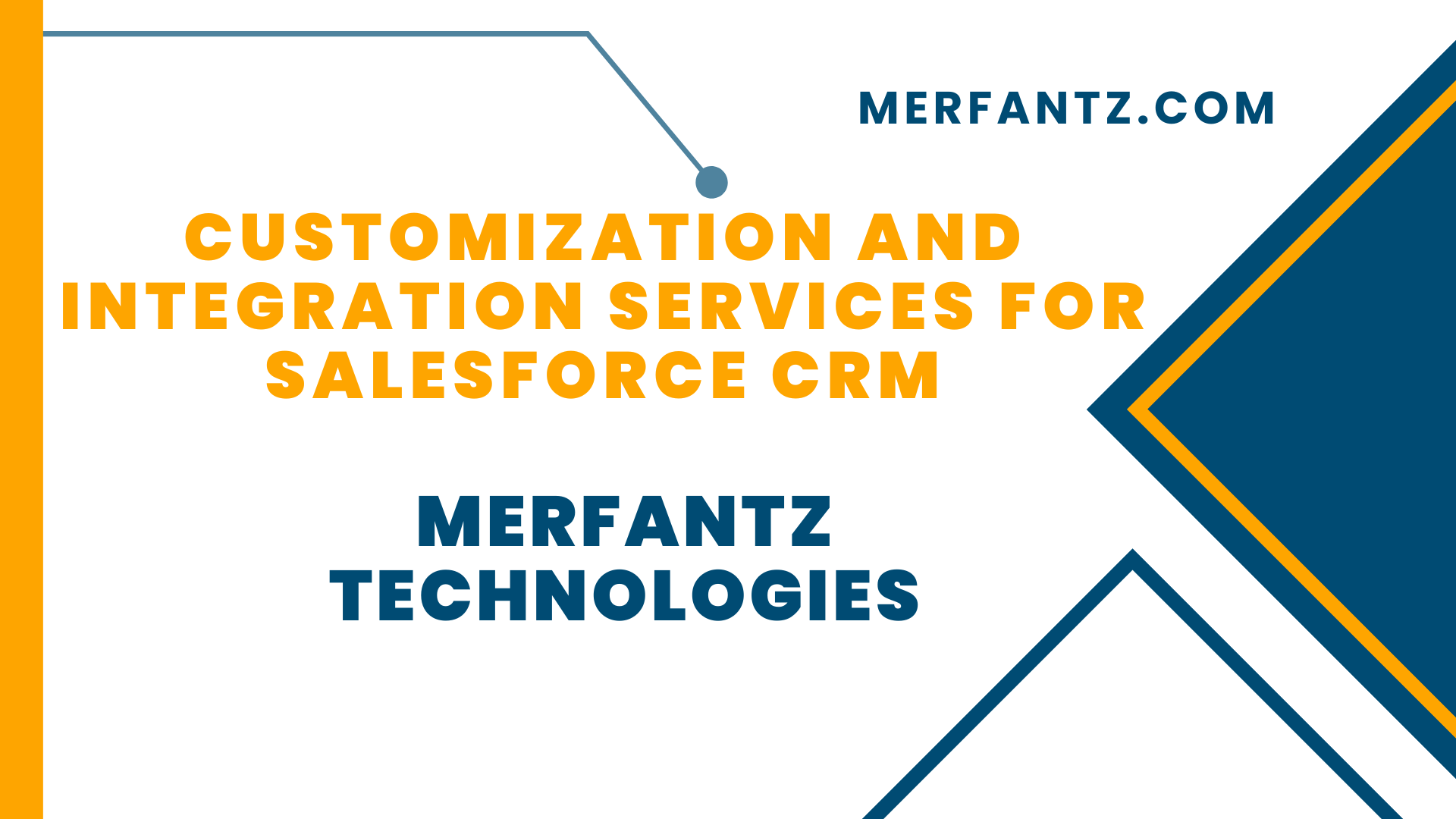
Your CRM should seamlessly integrate with other tools your business uses, be it marketing automation, email, or e-commerce platforms. Moreover, as your business grows and changes, your CRM should be flexible enough to adapt.
Budget
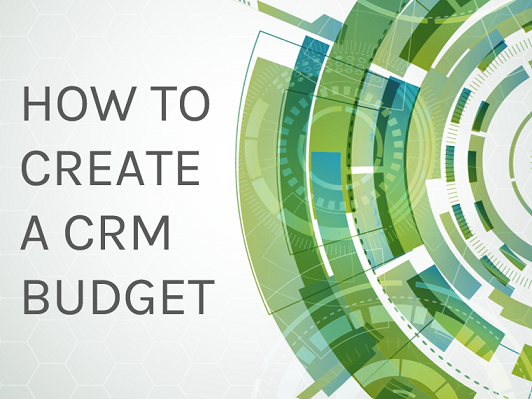
CRMs come in various pricing models. It’s essential to find a balance between your needs and your budget constraints. Remember, the most expensive option isn’t always the best.
Support and Training

Look for CRMs that offer robust support, be it through documentation, video tutorials, webinars, or customer support lines. Proper training can ensure your team makes the most of the tool.
Digressions that Matter
While the primary focus here is on CRMs, two other aspects closely relate to our discussion:
How to Choose the Best Business Name: Interestingly, your business name can influence the CRM you pick. If your business name reflects a specific niche or industry, there might be specialized CRMs catered just for that. For instance, a real-estate business might benefit from a CRM designed specifically for realtors. Here’s a deep dive into how to choose the best business name.
How to Choose the Best Cruise Line for You: Now, you might wonder, “What does cruising have to do with CRMs?” Well, not much directly. But, just as with CRMs, choosing a cruise line involves assessing needs, budgets, and desired experiences. In both scenarios, the decision impacts the overall experience and satisfaction. For cruise enthusiasts, this guide will come in handy.
Exploring Top CRMs for Different Business Needs
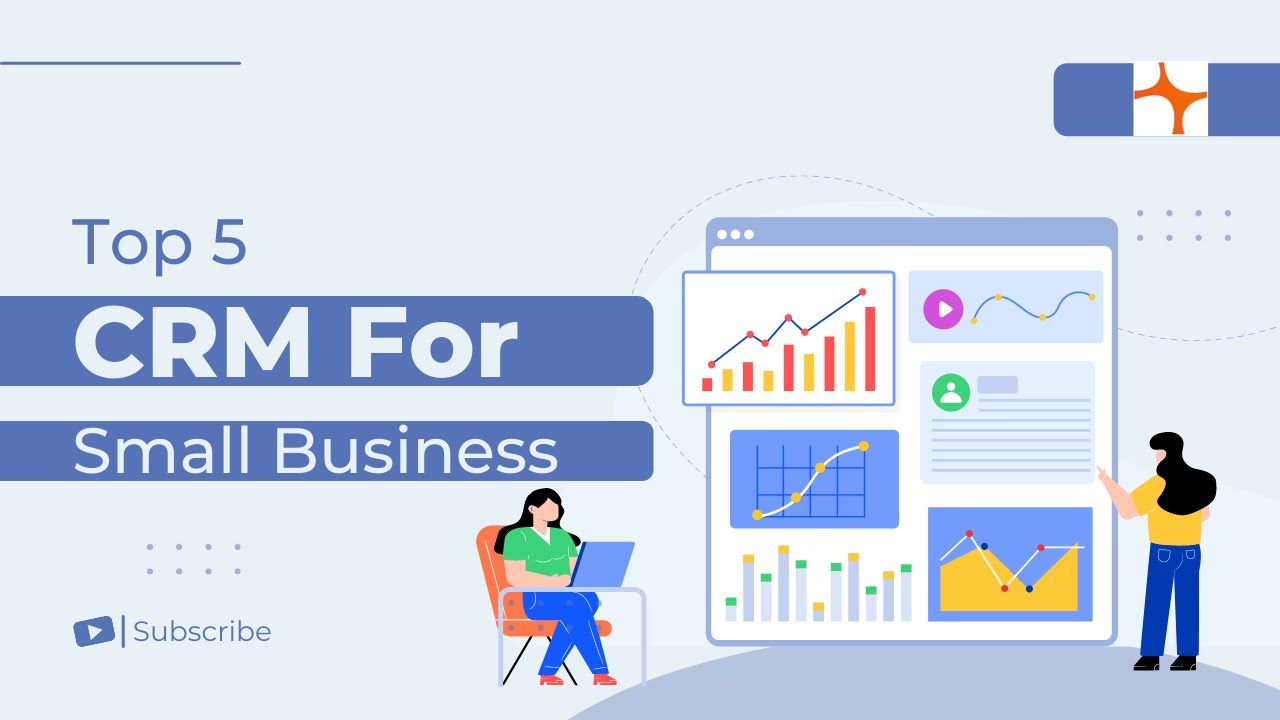
To help you navigate the choices, here are some recommendations based on different business needs:
For Startups: CRM A and CRM B are excellent choices. They’re affordable, easy to set up, and come with essential features to get started.
For Bigger Enterprises: CRM X and CRM Y stand out. With advanced analytics, integration capabilities, and customization, they cater to the complex needs of larger businesses.
For Those Seeking Exceptional Customer Experiences: CRM Z specializes in creating personalized customer journeys, ensuring every interaction is memorable.
Making the Most of Your CRM
Once you’ve taken the crucial step of choosing the right CRM for your business, the journey doesn’t end there. Proper implementation and continuous optimization are essential to ensure you reap maximum benefits from your investment. Here are some steps to ensure you’re making the most of your CRM:
Training and Onboarding
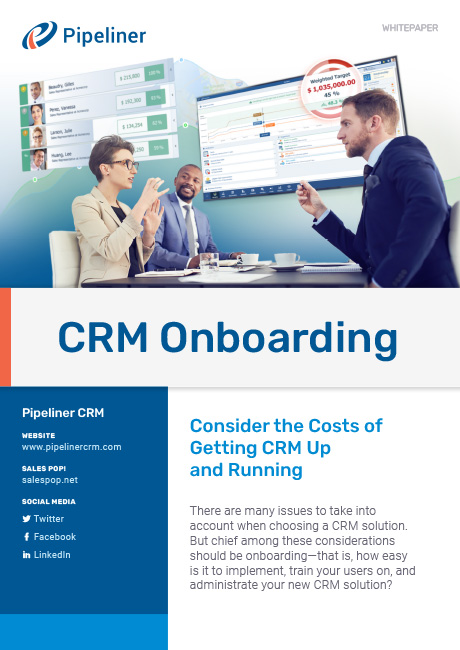
Equip your team with the necessary skills and knowledge to use the CRM effectively:
Host Regular Training Sessions: As your business evolves and new features get added to the CRM, periodic training ensures everyone is on the same page.
Create a Knowledge Base: A repository of FAQs, how-to guides, and troubleshooting steps can act as a quick reference for your team.
Data Management
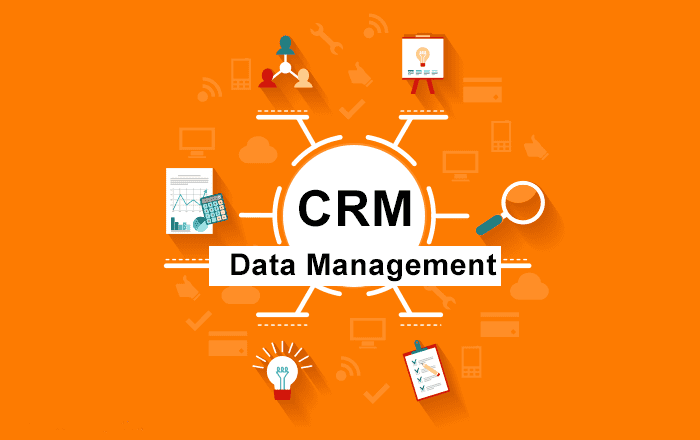
Data is the lifeblood of a CRM. Proper management ensures accurate insights and effective customer interactions:
Clean and Update Data: Regularly cleanse your database of duplicate entries, outdated information, or inaccuracies.
Segment Data: Grouping customers based on specific criteria, such as purchase history or preferences, allows for more personalized marketing and communication.
Integration with Other Tools
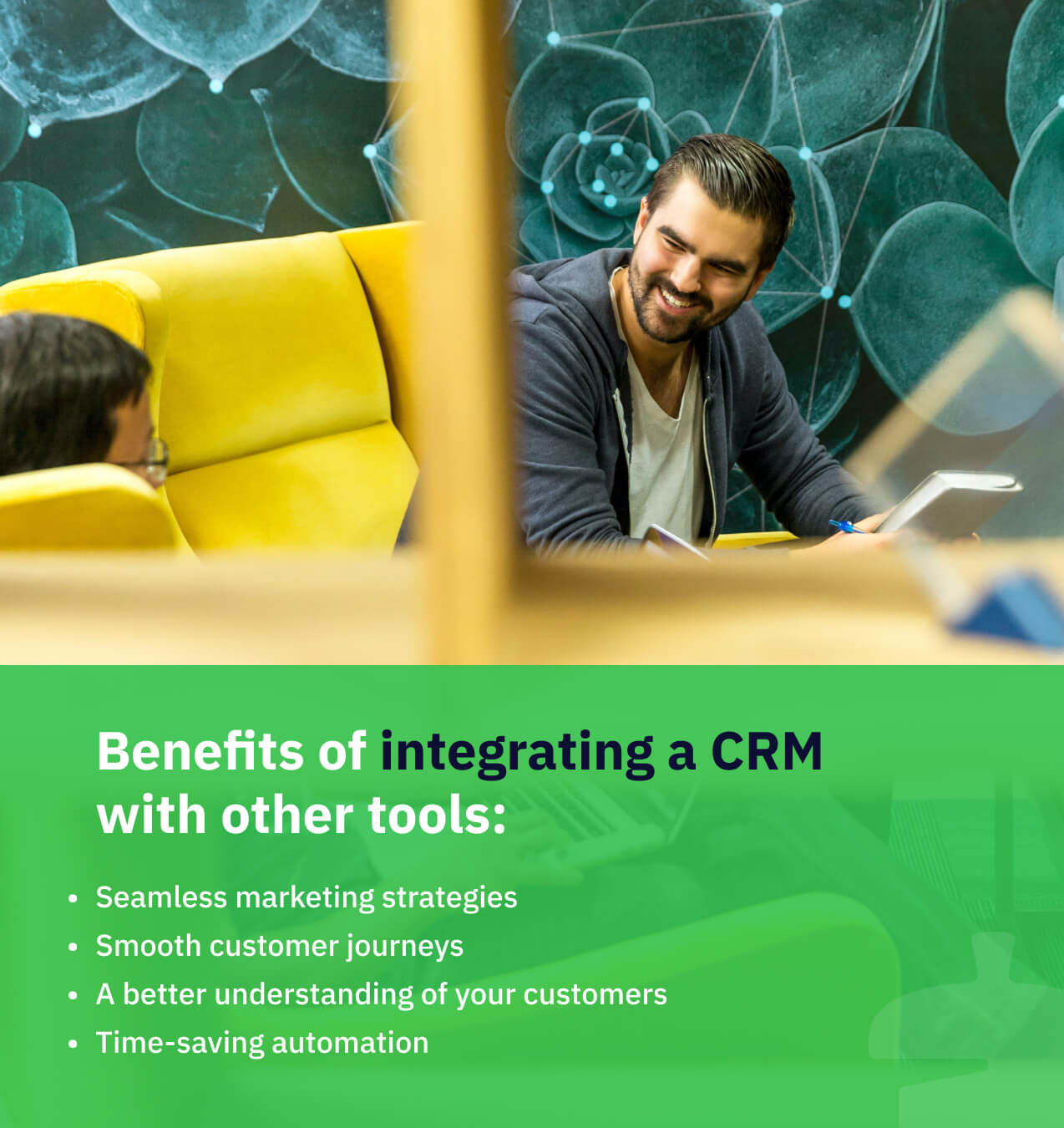
While a CRM is powerful on its own, integrating it with other business tools amplifies its capabilities:
Marketing Automation Tools: Synchronize your CRM with tools like email marketing platforms to create targeted campaigns.
E-commerce Platforms: For businesses that sell online, integrating with e-commerce platforms can provide insights into customer buying habits and preferences.
Regularly Seek Feedback
Your team, especially those on the front lines interacting with customers, can provide invaluable feedback on CRM functionality:
Conduct Surveys: Periodically ask your team about their experience using the CRM, what’s working, and areas of improvement.
Iterate Based on Feedback: Implementing changes based on this feedback ensures the tool remains relevant and effective.
Monitor and Analyze

Like any tool, it’s essential to measure the ROI of your CRM:
Track Key Performance Indicators (KPIs): Metrics like customer retention rate, lead conversion rate, and average response time can provide insights into the CRM’s effectiveness.
Optimize Based on Insights: Use the data to refine your processes, strategies, and customer interactions.
Adapting to Future CRM Trends
As businesses grow and industries shift, CRMs will also inevitably evolve to meet new challenges and cater to emerging needs. Staying updated with the latest trends and innovations ensures that your company remains agile and proactive in its approach.
Artificial Intelligence (AI) and Machine Learning

CRMs are increasingly leveraging AI and machine learning to offer more sophisticated insights:
Predictive Analytics: By analyzing past data, AI can predict future customer behaviors, helping businesses anticipate needs and strategize accordingly.
Chatbots and Virtual Assistants: These tools can provide instant customer support, leading to improved satisfaction and reduced operational costs.
Mobile CRM Solutions

With the workforce becoming more remote and mobile, CRMs that are fully functional on smartphones and tablets are becoming essential:
Instant Access: Field agents or sales teams can update and access customer data on the go, increasing efficiency.
Integrated Communication Tools: Features like click-to-call or instant messaging within the CRM can enhance team collaboration.
Enhanced Personalization
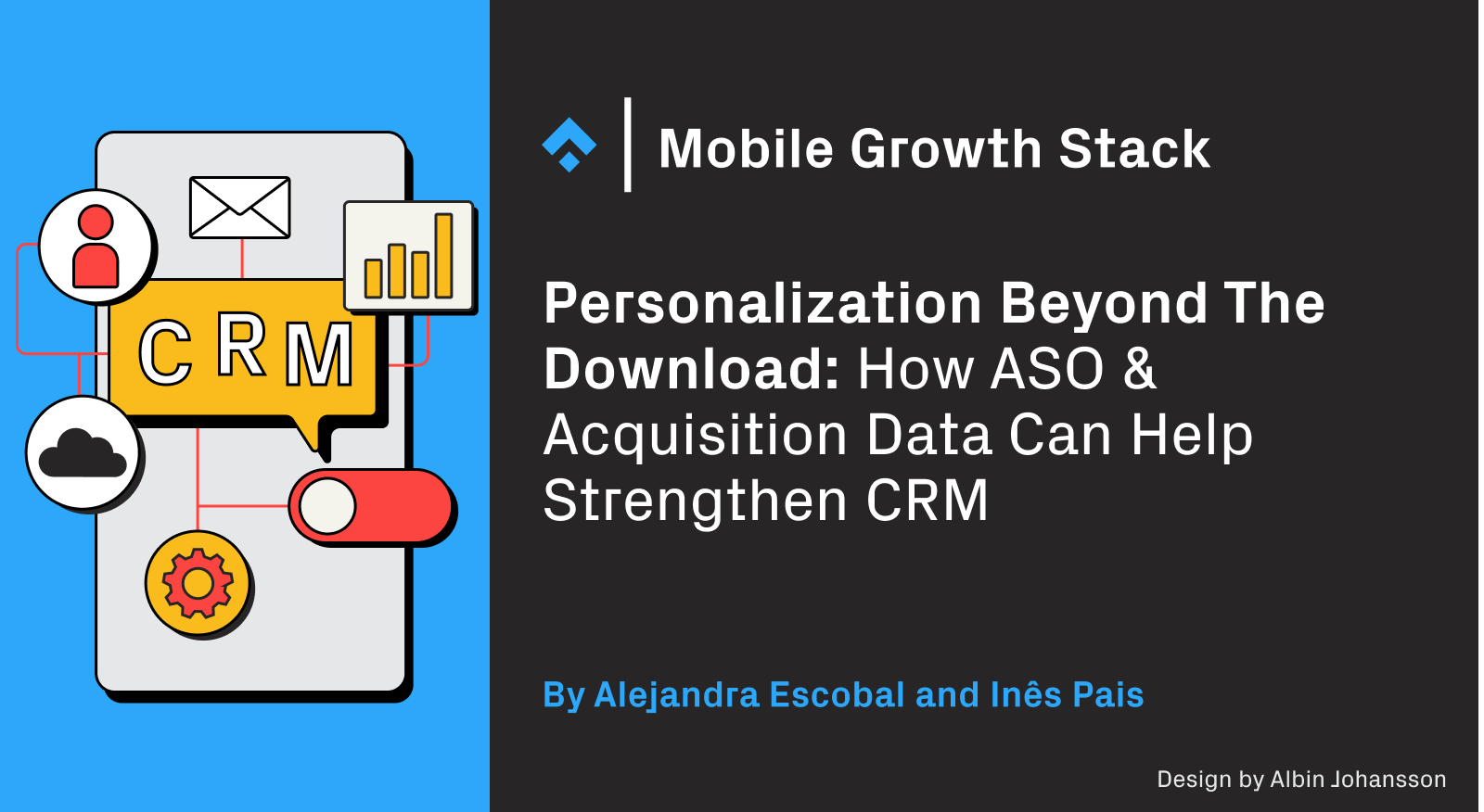
As customers increasingly demand personalized experiences:
Tailored Marketing Campaigns: CRMs can segment customers based on behavior, allowing businesses to create highly targeted marketing campaigns.
Personalized Customer Support: Remembering past interactions, preferences, or issues can allow support teams to provide a more personalized service.
Expanding Beyond Traditional Uses
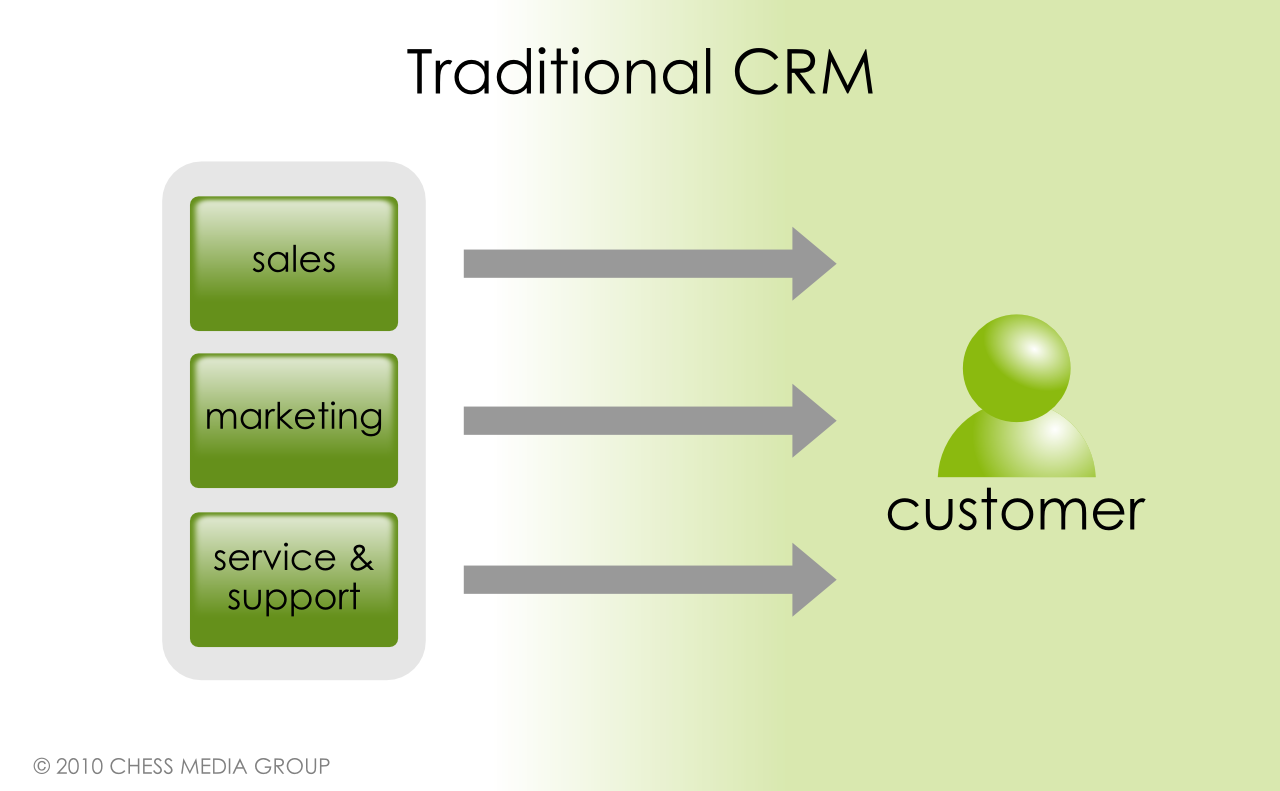
While CRMs have traditionally been sales-centric:
HR and Employee Management: Some businesses are leveraging CRM capabilities for human resource management, tracking employee performance, and feedback.
Project Management Integration: CRMs integrated with project management tools can streamline operations and enhance team collaboration.
Importance of Data Security
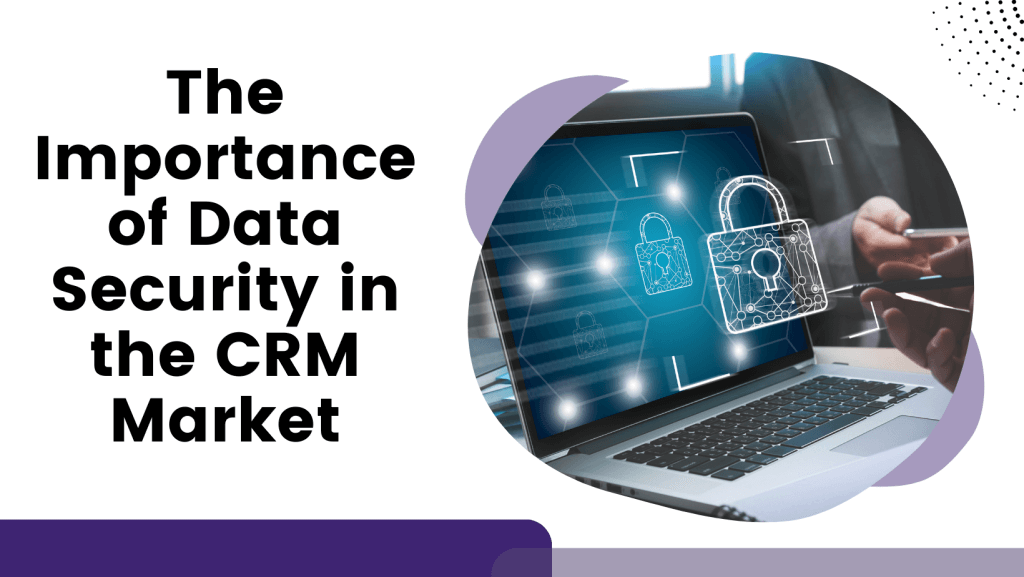
With increasing concerns over data privacy and breaches:
Enhanced Encryption: Modern CRMs are incorporating advanced encryption methods to safeguard customer data.
Regular Audits and Compliance: Ensure that your chosen CRM adheres to global data protection regulations and conducts periodic security audits.
Final Thoughts
Selecting the best CRM is only the beginning of a journey to enhanced customer relationships and streamlined business processes. By continually optimizing and adapting, businesses can ensure they remain at the forefront of their industry, delivering exceptional customer experiences.
So, whether you’re a startup trying to figure out the best CRM for startups or a seasoned business considering how to create the best customer experience, remember that the CRM you choose is an investment. And like all investments, it requires care, attention, and regular reviews to ensure it’s yielding the desired results.
Now that you’re well-equipped with the knowledge to select, implement, and optimize your CRM, take the next steps with confidence. After all, in the ever-evolving world of business, having the right tools and strategies in place can make all the difference.
